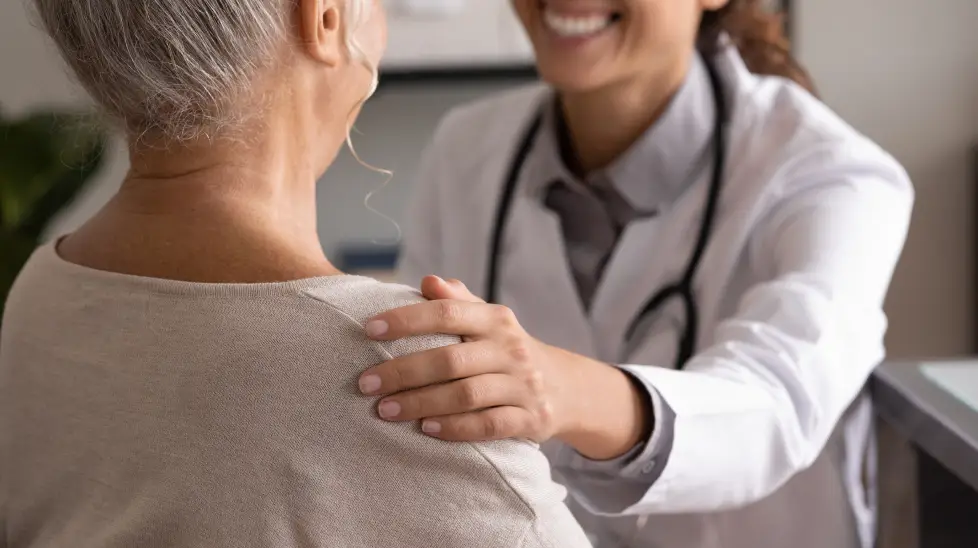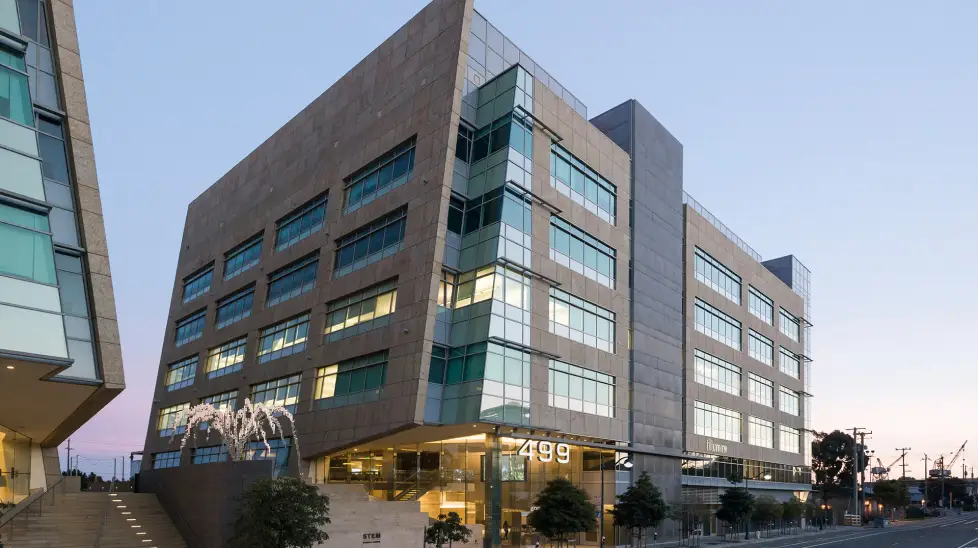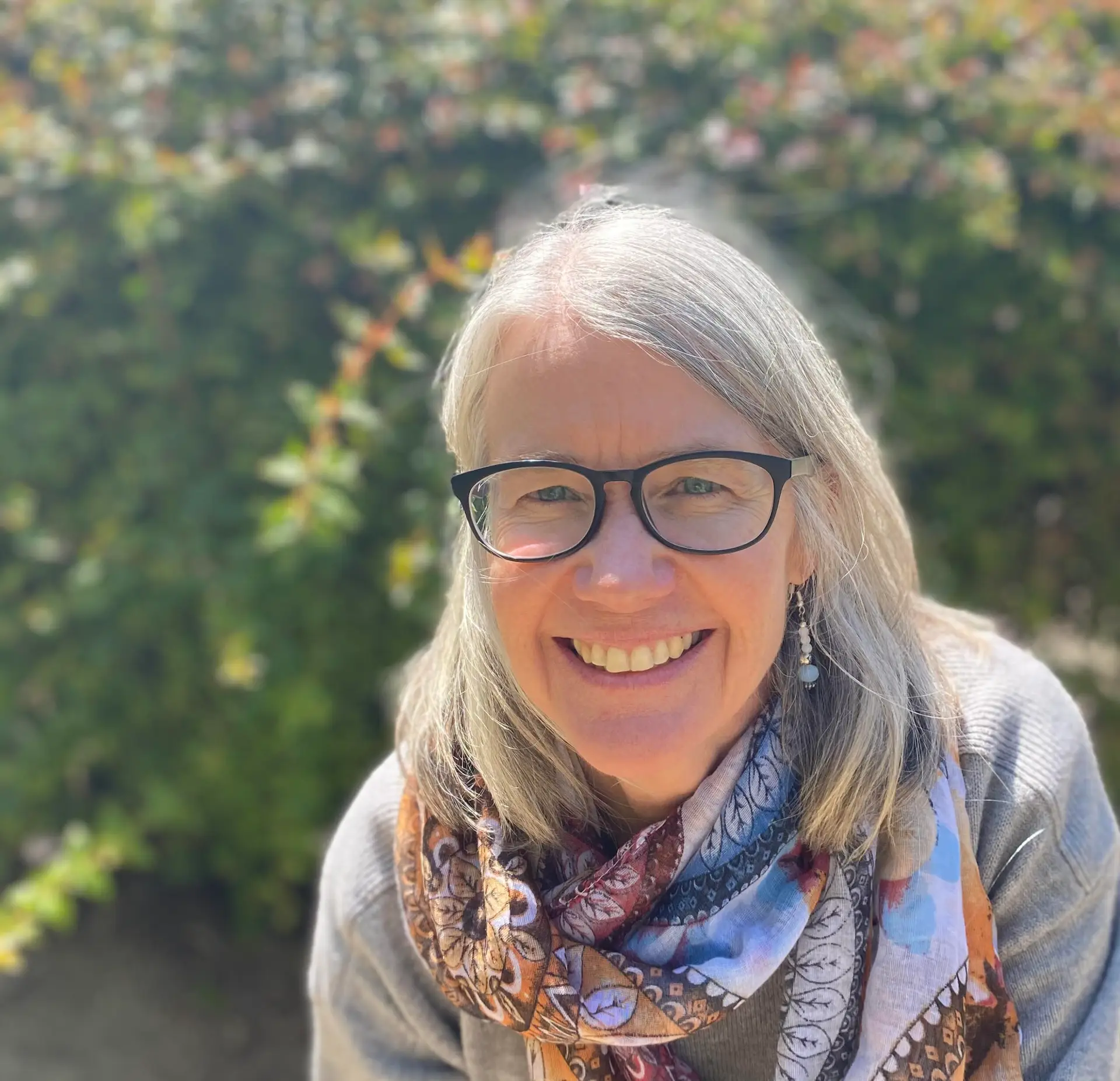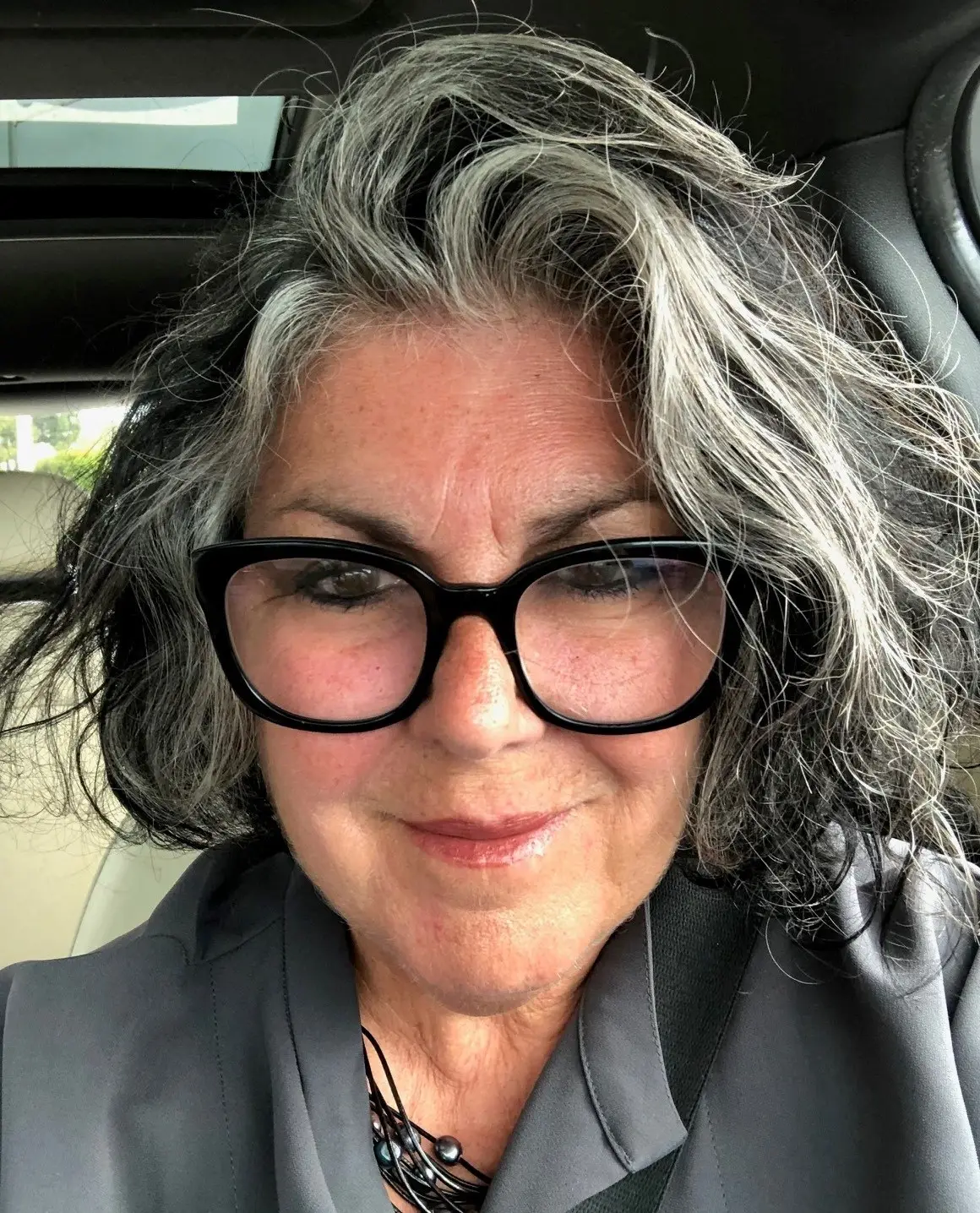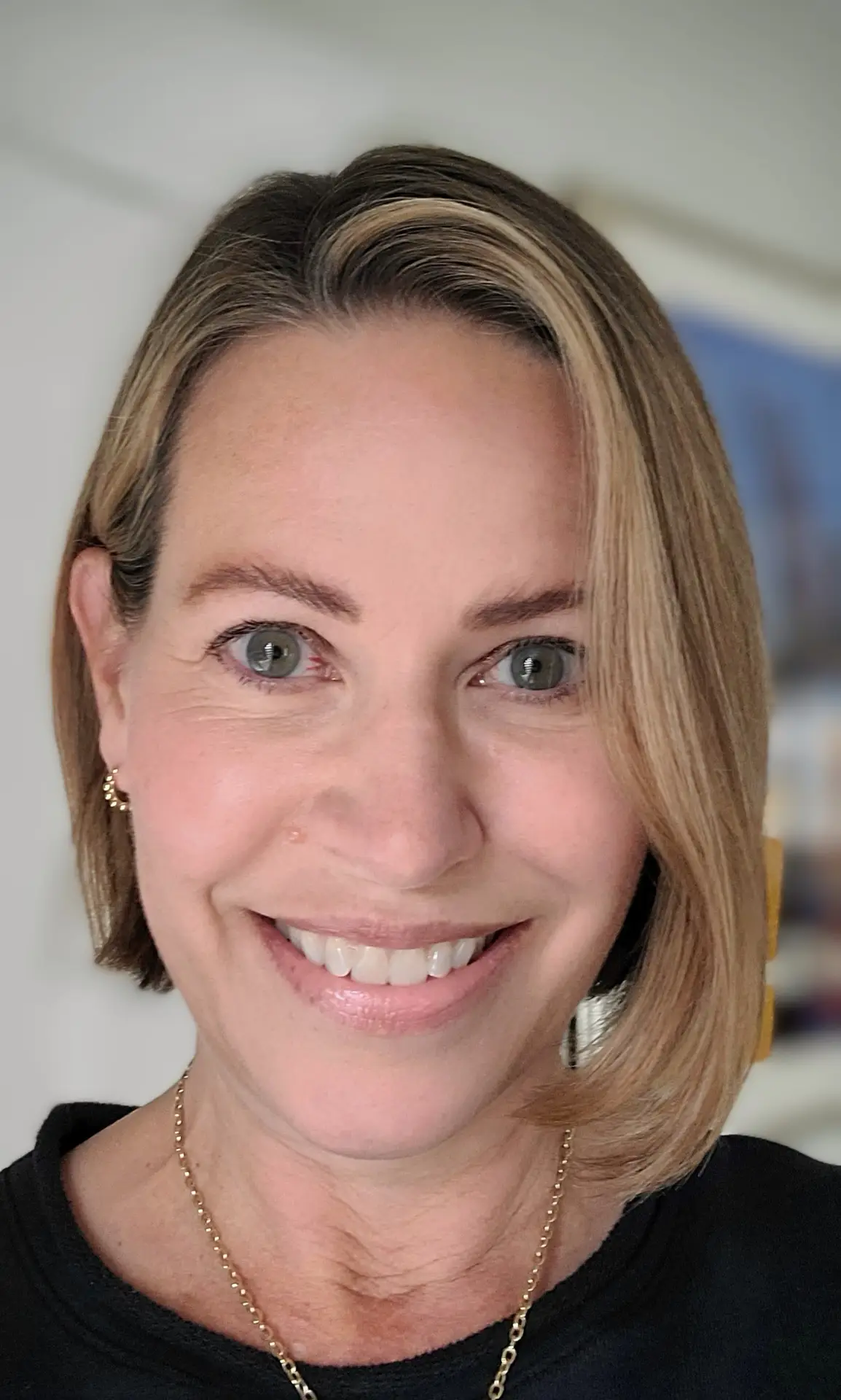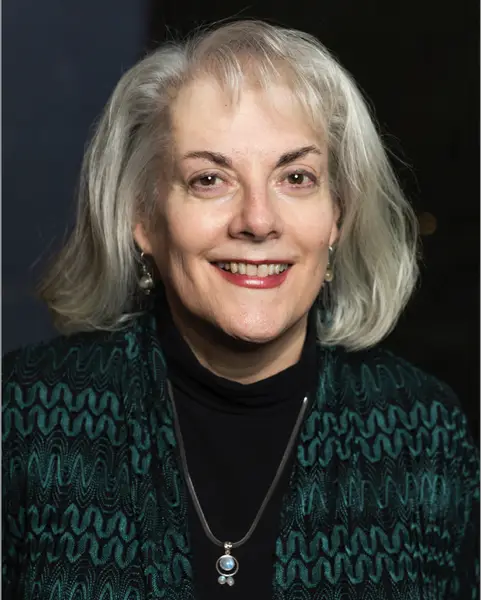SAN FRANCISCO, Aug. 8, 2022 /PRNewswire/ — Quantum Leap Healthcare Collaborative (QLHC), sponsor of the I-SPY COVID Trial, announces that the cyclosporine arm of the study has been terminated for futility. Cyclosporine, a calcineurin inhibitor and a well-known and commonly prescribed immunosuppressant medication, is best known for its efficacy in the prevention of solid organ transplant rejection.
Due to its anti-inflammatory properties and other potentially beneficial actions, and previous published reports of efficacy in critically ill patients, cyclosporine has been suggested for the treatment of patients hospitalized with COVID-19.i One of the defining characteristics of COVID-19 related lung injury is an overactive immune response and ‘cytokine storm’ – a difficult-to-treat type of inflammation. The I-SPY investigators hypothesized that cyclosporine’s ability to suppress the cytokine storm would reduce inflammatory injury in severely ill COVID-19 patients.
To minimize potential toxicity a relatively low oral dose of 5 mg/kg/day for a duration of 5 days was selected to be administered to patients randomized into the cyclosporine arm. The subjects received the backbone therapy (standard of care) in addition to cyclosporine. The control patients received the standard of care backbone therapy, including dexamethasone and remdesivir.
The I-SPY COVID Trial was designed to rapidly screen agents that show promise for two primary endpoints: reducing the time to recovery (defined as reduction in supplemental oxygen demand) or risk of mortality in critically ill COVID-19 patients. The study utilizes QLHC’s adaptive platform trial design methodology, which focuses on the simultaneous, efficient assessment of multiple investigational agents. The testing of cyclosporine was discontinued at the recommendation of the trial Data Monitoring Committee (DMC) after 108 subjects were randomized to the cyclosporine arm and analyzed in the intent-to-treat (ITT) population compared to 127 subjects who were concurrently randomized to the control arm. The probability that cyclosporine could reduce time to recovery was estimated to be 15.4%; the probability that the cyclosporine arm was superior to the concurrent arm to reduce mortality was estimated to be 54.8%. As a result, neither the recovery nor mortality outcomes met the pre-defined criteria for cyclosporine’s graduation from the trial. It was also observed that a higher fraction of subjects in the cyclosporine arm reported adverse events possibly related to the study agent compared to that of the concurrent control group—although this is difficult to interpret in an open label trial. Given these data, the cyclosporine arm was closed to further enrollment.
Angela Haczku, MD, PhD and Ari Moskowitz, MD, MPH led the study of this agent in the I-SPY COVID Trial. As noted by Drs. Haczku and Moskowitz, “Although cyclosporine at the selected low dose and duration of treatment did not accomplish the primary endpoints set originally in the study design, we are currently analyzing the effects of this drug on immune biomarkers and other disease outcomes. There are several questions that remain and would be important to address. For example: What are the factors that contributed to the change in patient enrollment into the cyclosporine arm during the second year of the pandemic? What is the relationship of blood cyclosporine concentrations to biomarkers of COVID-19? How did the well-established and extensively detailed list of adverse cyclosporine effects influence the frequency of reporting in this open-label trial?”
One of our future goals is to improve biomarker classification of COVID-19 severe illness,” commented Dr. Laura Esserman, co-principal investigator of the I-SPY Trials. “This effort, led by Dr. Carolyn Calfee at the University of California, San Francisco, and the I-SPY COVID Trial Biomarker Working Group, is a critical part of the I-SPY COVID trial which will hopefully help us to find effective agents for this incredibly challenging and devastating disease.”
Investigation into additional agents via the I-SPY COVID Trial is ongoing and remains an urgent priority for QLHC and its partners. The I-SPY COVID Trial now includes 33 sites as well as leaders in pulmonary and critical care centers from around the country.
The I-SPY COVID Trial is a collaboration between members of QLHC and pharmaceutical partners and the United States government (USG). This work is supported in part by the Biomedical Advanced Research and Development Authority, part of the Adminstration for Stratefgic Preparedness and Response within the U.S. Department of Health and Human Services, and the Department of Defense (DoD) Joint Program Executive Office for Chemical, Biological, Radiological and Nuclear Defense, in collaboration with the Medical CBRN Defense Consortium. The Defense Threat Reduction Agency enables USG and international partners to counter and deter weapons of mass destruction and emerging threats. Effort was sponsored by the U.S. government under Other Transaction number W15QKN-16-9-1002 between the MCDC, and the government. The US government is authorized to reproduce and distribute reprints for governmental purposes notwithstanding any copyright notation thereon.The views and conclusions contained herein are those of the authors and should not be interpreted as necessarily representing the official policies or endorsements, either expressed or implied, of the U.S. government.
About Quantum Leap Healthcare Collaborative
Quantum Leap Healthcare Collaborative is a 501C(3) charitable organization established in 2005 as a collaboration between medical researchers at University of California, San Francisco and Silicon Valley entrepreneurs. Our mission is to integrate high-impact research with clinical processes and systems technology, resulting in improved data management and information systems, greater access to clinical trial matching and sponsorship, and greater benefit to providers, patients and researchers. Our goal is to improve and save lives. Quantum Leap provides operational, financial, and regulatory oversight to the I-SPY Trials. For more information, visit www.QuantumLeapHealth.org.
About the I-SPY COVID Trial
The I-SPY COVID Trial (Investigation of Serial Studies to Predict Your COVID Therapeutic Response with Biomarker Integration and Adaptive Learning) is an adaptive platform trial designed to increase trial efficiency by minimizing the number of participants and time required to evaluate experimental and/or repurposed drugs. The focus of the trial is to improve outcomes for severely-ill COVID-19 patients—those who require at least 6L of high-flow oxygen either by mask or nasal cannula, known as level 5 on the World Health Organization (WHO) COVID scale, an 8-point ordinal scale of clinical severity status. The primary endpoints include the time to achieve level 4 or less for at least 48 hours on the WHO COVID scale, a decrease in the duration of time on a ventilator, and a decrease in mortality.
The I-SPY COVID Trial is sponsored and managed by Quantum Leap Healthcare Collaborative. For more information, visit www.quantumleaphealth.org or www.ispytrials.org.
Forward Looking Statements
This press release contains forward-looking statements. Statements in this press release that are not purely historical are forward-looking statements. These forward-looking statements are made as of the date of this press release, and the Company assumes no obligation to update the forward-looking statements, or to update the reasons why actual results could differ from those projected in the forward-looking statements, except as required by law. Investors should consult all the information set forth herein and should also refer to the risk factor disclosure set forth in the reports and other documents the Company files with the SEC available at www.sec.gov.
i Galvez-Romero, J.L. et al (2021). Cyclosporine A plus low-dose steroid treatment in COVID-19 improves clinical outcomes in patients with moderate to severe disease: A pilot study, Journal of Internal Medicine, 289; 906- 920. https://doi.org/10.1111/joim.13223
Media Contact:
Jacqueline Murray
(415) 710-6829
j.murray@quantumleaphealth.org
SOURCE Quantum Leap Healthcare Collaborative
Related Links
http://www.quantumleaphealth.org
For more information, email karyn.digiorgio@quantumleaphealth.org



